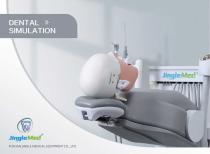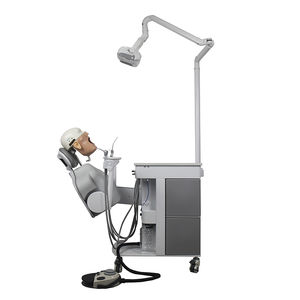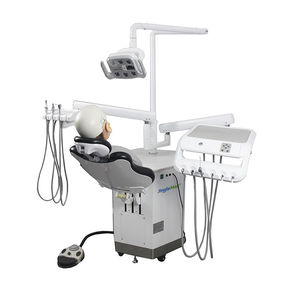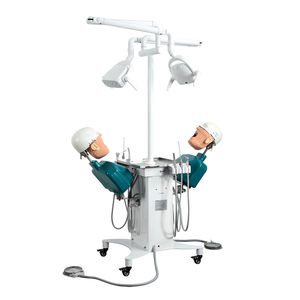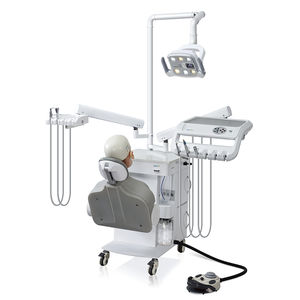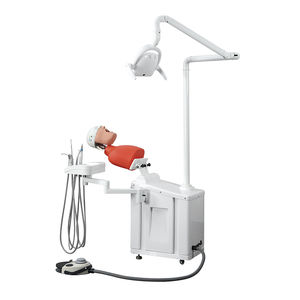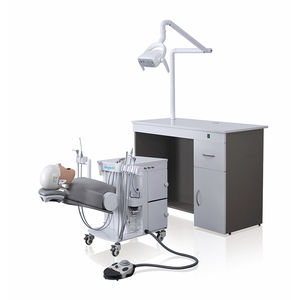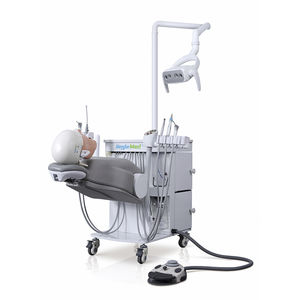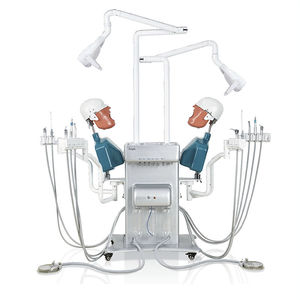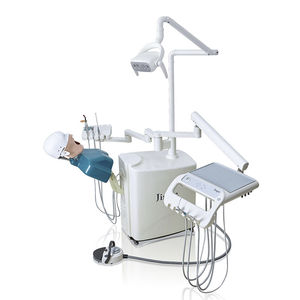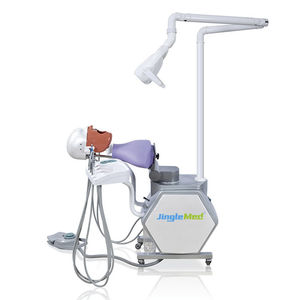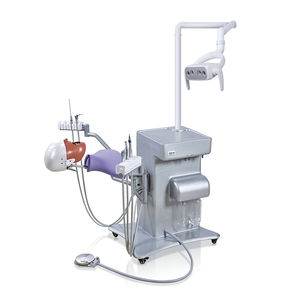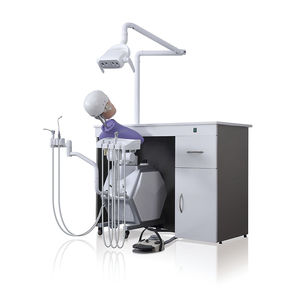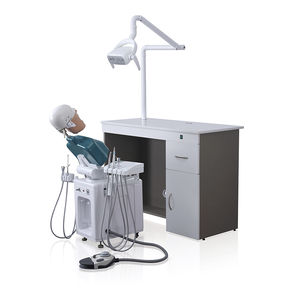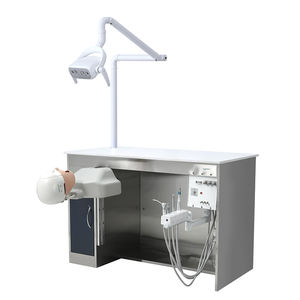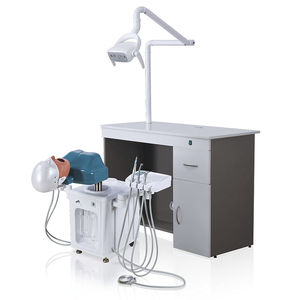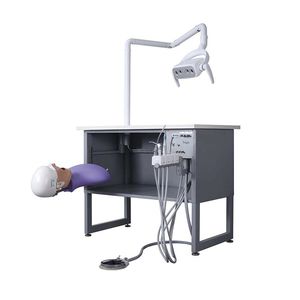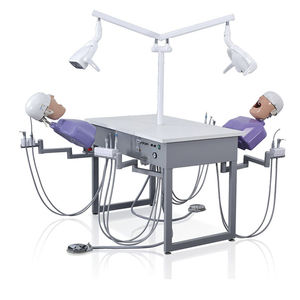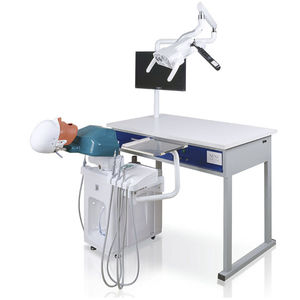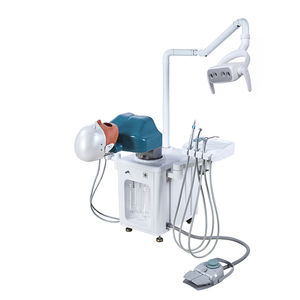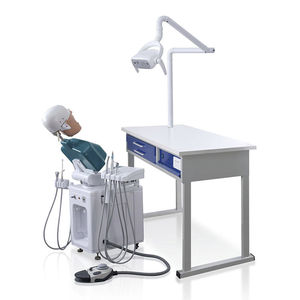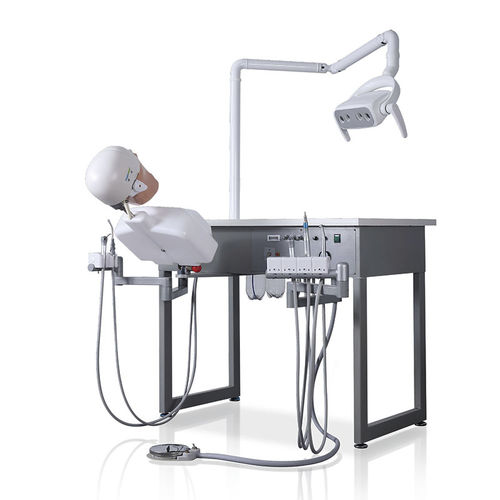
- Dental
- Dental practice
- Training simulator
- FOSHAN JINGLE MEDICAL EQUIPMENT CO., LTD
- Products
- Catalogs
- News & Trends
- Exhibitions
Training simulator JG-A5anatomydentalfor health education

Add to favorites
Compare this product
Characteristics
- Procedure
- training
- Application
- anatomy, dental, for health education
- Form
- head
- Configuration
- workstation
Description
In today's rapidly evolving dental industry, the need for efficient and comprehensive training programs has become increasingly important. Simulation training for dental students plays a crucial role in preparing them for the challenges they will face in their future careers. By implementing advanced simulation training methods, dental schools can provide their students with a more realistic and engaging learning experience, helping them develop the necessary clinical skills and enhance their patient care.
The objective of simulation training for dental students is to bridge the gap between theoretical knowledge and practical skills. It allows students to practice various dental procedures in a controlled environment, enabling them to refine their techniques and build their confidence. This type of training not only reduces the risk of errors in the clinical setting but also helps to alleviate the anxiety often associated with dental treatment.
An advanced simulation training program for dental students should encompass a wide range of topics, including but not limited to:
Dental Anatomy and Physiology: Students should be familiar with the structure and function of the oral cavity, teeth, and associated muscles and nerves. This knowledge is essential for the accurate diagnosis and treatment of various dental conditions.
Dental Materials: Students should have a comprehensive understanding of the properties and applications of various dental amalgams, and ceramics. This knowledge is vital for the successful restoration of teeth and the prevention of dental complications.
VIDEO
Catalogs
catalog 2025
51 Pages
Exhibitions
Meet this supplier at the following exhibition(s):
Other FOSHAN JINGLE MEDICAL EQUIPMENT CO., LTD products
Dental Simulator
Related Searches
- Anatomy model
- Demonstration anatomical model
- Teaching anatomy model
- Demonstration simulator
- Surgical anatomical model
- Stool with backrest
- Rotating stool
- Dental stool
- Bone anatomical model
- Upper body simulator
- Intracranial anatomical model
- Surgical simulator
- Flexible anatomical model
- Denture model
- Transparent anatomical model
- Dental anatomical model
- Oral anatomical model
- Pneumatic stool
- Laboratory stool
- Implantology anatomical model
*Prices are pre-tax. They exclude delivery charges and customs duties and do not include additional charges for installation or activation options. Prices are indicative only and may vary by country, with changes to the cost of raw materials and exchange rates.


